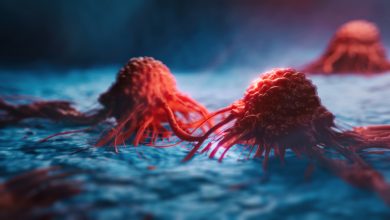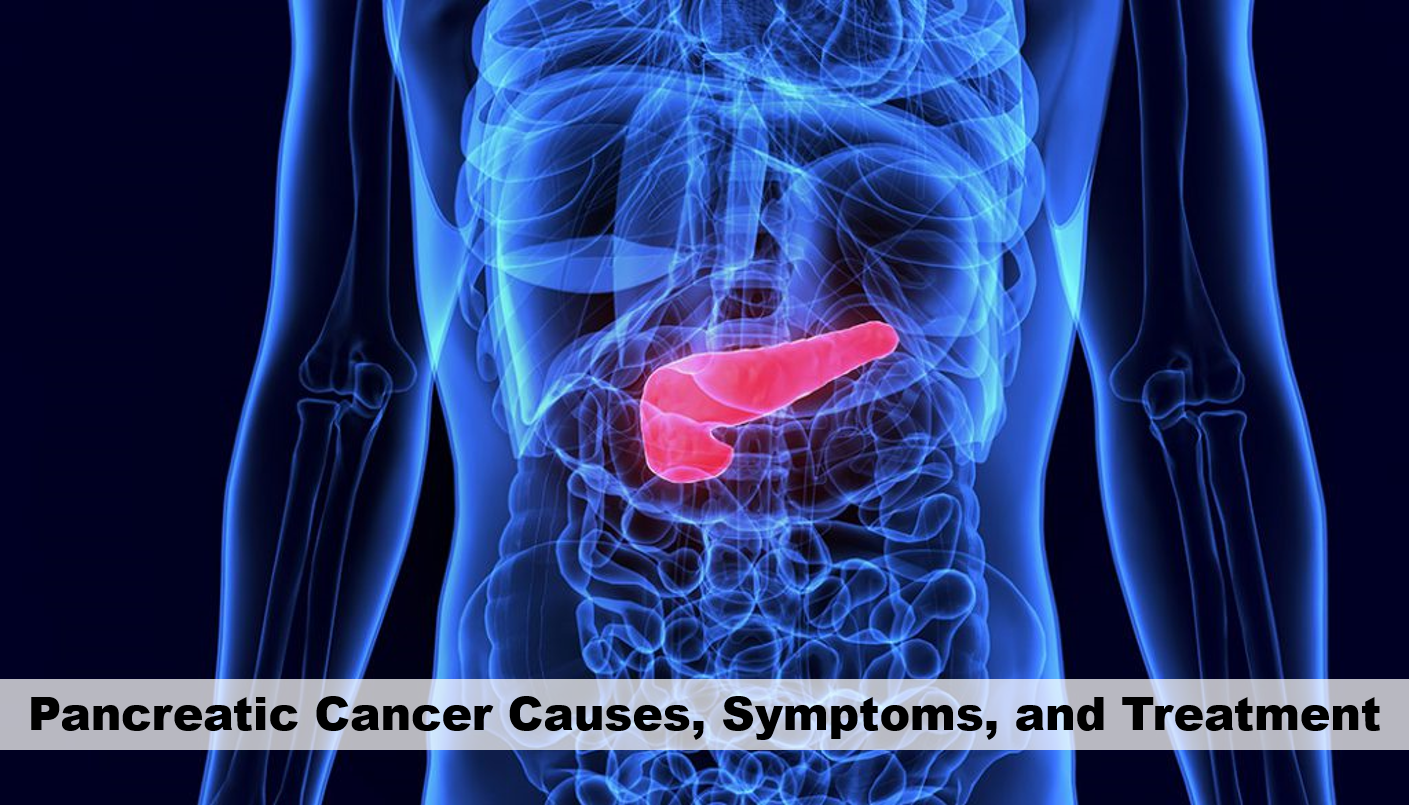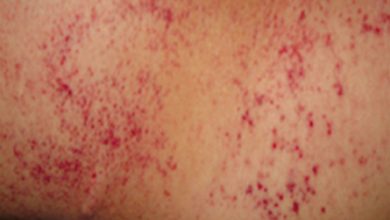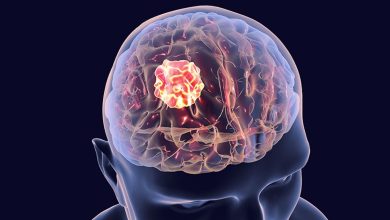What is Colon Cancer?
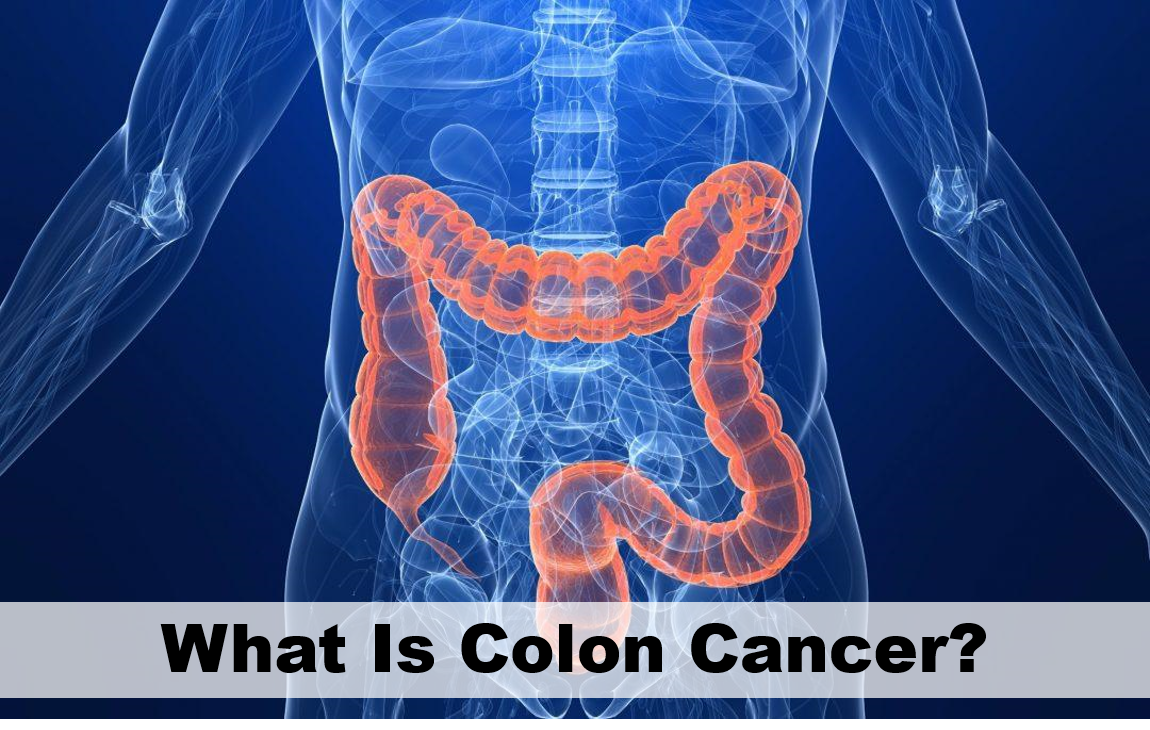
What is Colon Cancer? Colon cancer is one of the most common types of cancer seen in the world, and it is highly curable if it is diagnosed in the early stages. Although colon cancer may occur at any age, it is most commonly seen after the age of 50 years, according to studies on gender, colon cancer is the second cancer type seen in women, while it is third in men.
The large intestine, which forms part of the digestive system, consists of two parts called the colon and rectum. If cancer only occurs in the colon, it is called Colon Cancer, while cancer occurring in the tissues of the rectum is called Rectal Cancer. In this text, we will explain the colon cancer causes and symptoms by giving some tips about how to reduce the risk of colon cancer.
What is Colon Cancer?
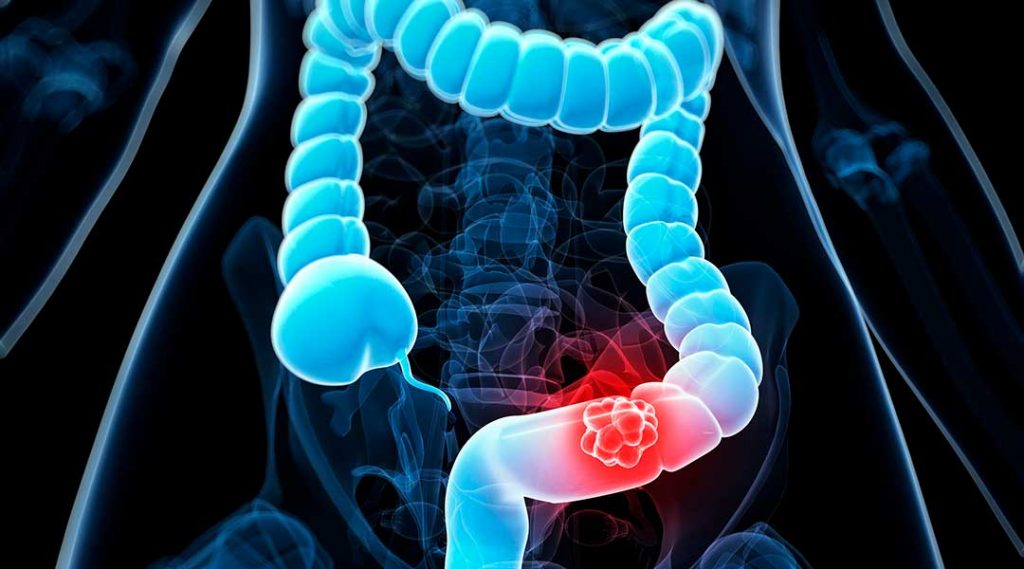
Colon cancer, known as colorectal cancer or bowel cancer, is a disease that develops the last part of the digestive system and is seen in one out of every twenty people. It usually begins as small, noncancerous clumps of cells called polyps that form on the inside of the colon, and it spreads circularly around the column. In the case of early diagnosis, cancer cells can only be detected within the colon. But if it is not diagnosed early, cancer can spread other organs like liver and lung through the bloodstream or lymphatic system.
Colon Cancer Causes
In developed countries, the rate of colon and rectal cancer is 4 to 10 times higher than in developing countries. Causes of colorectal cancer are a lifestyle, changes in environmental factors and genetic factors. (Colon cancer is sometimes called colorectal cancer, which is a term that includes both rectal and colon cancer .)
Genetic Factors / Family History
Family history of cancer increases the risk of developing cancer. Both familial adenomatous polyposis, in the large intestine, and Lynch Syndrome which is hereditary nonpolyposis colorectal cancer increase the risk of colon cancer. So, having a family history of cancer especially in the first-degree relatives has a significant effect on the occurrence of the colon cancer. If a person with colon cancer in the family has been diagnosed with cancer at what age, the other family members should start colonoscopy ten years before his/her age. Completely healthy individuals who have no family history of colon cancer or who have no complaints should get a colonoscopy after their fifties.
Age: The risk of colon cancer increases with age. Although it can occur at any age, it is mostly seen in people over 50.
Obesity: Overweight, regardless of whether men or women, increases the risk of colon cancer. The number of people with colon and rectal cancers is very high especially in the USA and European countries where fast food consumption is widespread.
Smoking: Many studies have shown that smoking doubles the risk of having colon cancer.
Colon Cancer Symptoms

- Change in bowel habits (diarrhea, constipation…)
- Abdominal pain
- Cramps
- Blood in the stool
- The feeling of incomplete defecation
- Intestinal gas
- Mucus discharge
- Loss of appetite
- Weight loss
- Change in skin color
- Anemia
- Fatigue
- Weakness
Colon Cancer Treatment
Colon cancer is preventable if diagnosed. Its treatment begins after it is diagnosed. Surgical operations, chemotherapy, and radiotherapy are the procedures used in the treatment of bowel cancer. The treatment of bowel cancer can vary according to the stages and in each patient. Surgical operation is performed when the cancer cell in the patient’s body should be removed. Chemotherapy is a medicated treatment for the reduction and spread of cancer cells. Radiotherapy is radiation therapy for the reduction and stopping to spread of cancerous cells. It can be applied before or after the diagnosis of bowel cancer. Regular health check-up after bowel cancer treatment is essential. Cancer has a structure that can reproduce or occur in different organs. So, scans should be continued at regular intervals. You can also take steps to reduce the risk of colon cancer by making changes in our daily lives. Take the following steps:
- Fruits, vegetables, and cereals contain vitamins, minerals, fibers, and antioxidants that can play a role in preventing cancer. Choose from a variety of different vegetables and fruits to get a range of vitamins and nutrients.
- If you drink alcohol, limit the amount of alcohol you drink to at least one drink per day for women and two for men.
- Stop smoking. Ask your doctor for methods to stop smoking.
- Exercise on many days of the week. Try to exercise for at least 30 minutes a day
- If you are at a healthy weight, try to manage your weight with a healthy diet and daily exercise. If you need to lose weight, ask your doctor about healthy ways to achieve your goal. Aim to lose weight gradually by increasing the amount of exercise and reducing the number of calories you eat.
Testicular Cancer Causes, Symptoms, and Treatment
Prostate Cancer Causes and Symptoms
Laryngeal Cancer Causes, Symptoms, and Treatment


